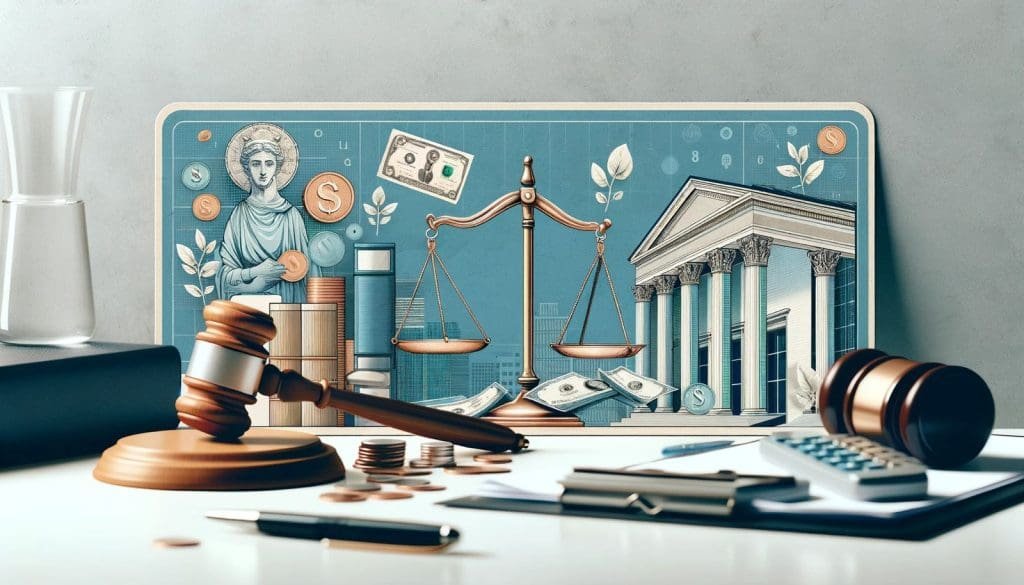
The Delhi liquor policy scandal has captured national attention, particularly due to the involvement of key political figures. Recently, the Enforcement Directorate (ED) revealed to the Supreme Court that it possesses substantial evidence against Delhi Chief Minister Arvind Kejriwal, signaling a critical juncture in this high-profile investigation.
Origins of the Scandal
The controversy stems from allegations of corruption and irregularities in the Delhi Excise Policy 2021-22. This policy, which aimed to modernize the liquor trade in the capital, was intended to increase state revenue and encourage private sector participation. However, it soon came under scrutiny for suspected favoritism and kickbacks, prompting investigations by both the ED and the Central Bureau of Investigation (CBI).
Significant Developments
- Role of the Enforcement Directorate: The ED’s investigation focuses on allegations of money laundering linked to the excise policy. The agency claims to have gathered compelling evidence pointing to financial misconduct and illicit transactions. The ED’s recent submission to the Supreme Court underscores the serious nature of the charges against Kejriwal and other officials.
- Political Implications: As the leader of the Aam Aadmi Party (AAP), Arvind Kejriwal faces severe political consequences from these allegations. This case could significantly affect his political career and the future of the AAP. The scandal has also intensified political rivalries, particularly with the Bharatiya Janata Party (BJP).
- Judicial Proceedings: The involvement of the Supreme Court highlights the case’s gravity. Kejriwal recently filed a petition challenging his potential arrest by the ED. The agency insists it has sufficient evidence, leading the court to take the matter seriously. Ongoing hearings and judicial decisions will play a crucial role in determining the case’s direction.
- Governance and Transparency: The scandal has sparked a broader debate on governance and transparency. Critics argue that the alleged corruption in the excise policy points to deeper issues within the administration. This case serves as a reminder of the need for robust mechanisms to ensure transparency and accountability in public policy.
- Public Reaction: Public opinion is divided. Supporters of Kejriwal see the allegations as politically motivated, aiming to undermine his administration. Conversely, critics believe the case reveals significant governance failures that must be addressed.
Legal Implications
The case brings several legal issues to the forefront:
- Money Laundering: The ED’s focus on money laundering under the Prevention of Money Laundering Act (PMLA) highlights the importance of stringent measures against financial crimes. This aspect of the investigation could have broader implications for how such offenses are prosecuted in India.
- Judicial Oversight: The Supreme Court’s involvement ensures that politically sensitive cases are handled with judicial oversight, maintaining the rule of law and ensuring proper legal procedures.
- Policy Transparency: The case emphasizes the need for clear guidelines and checks to prevent corruption in policy implementation. It highlights the importance of transparency in public policy.
Future Outlook
As the case progresses, it is likely to have far-reaching consequences for Indian politics and governance. If the allegations are proven, it could lead to significant political shifts and a reevaluation of policies related to the liquor trade and other sectors vulnerable to corruption. Additionally, it could set a precedent for handling similar cases in the future, reinforcing the importance of transparency and accountability.
Conclusion
The Delhi liquor policy scandal involving Arvind Kejriwal is a pivotal moment in Indian legal and political history. It brings critical issues of governance, transparency, and legal accountability to the forefront. As the judicial process unfolds, it is essential to closely monitor developments, as the outcomes will significantly impact the political landscape and governance principles in India.